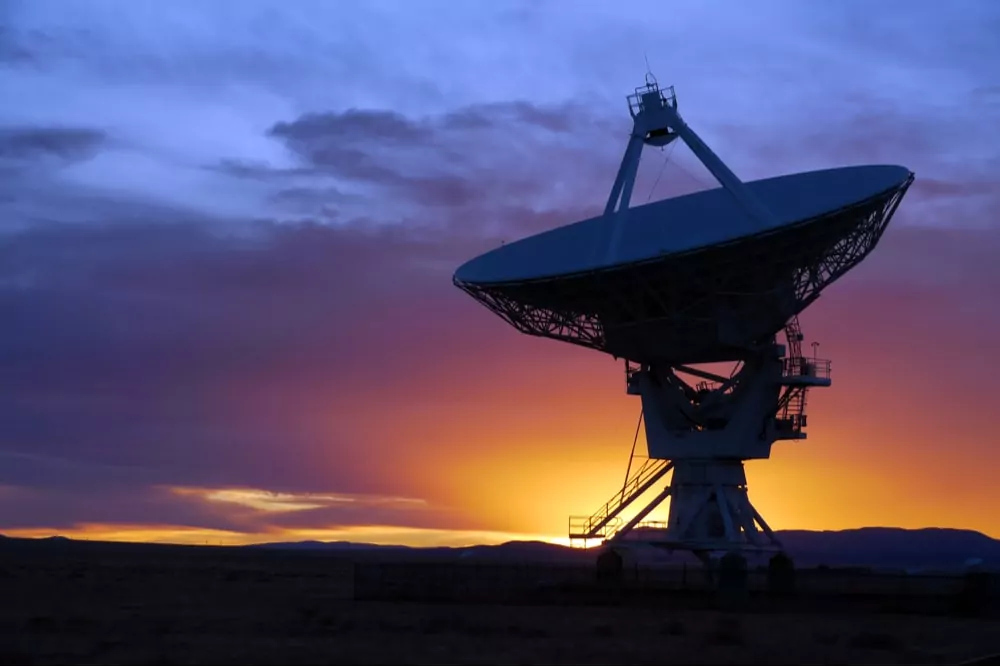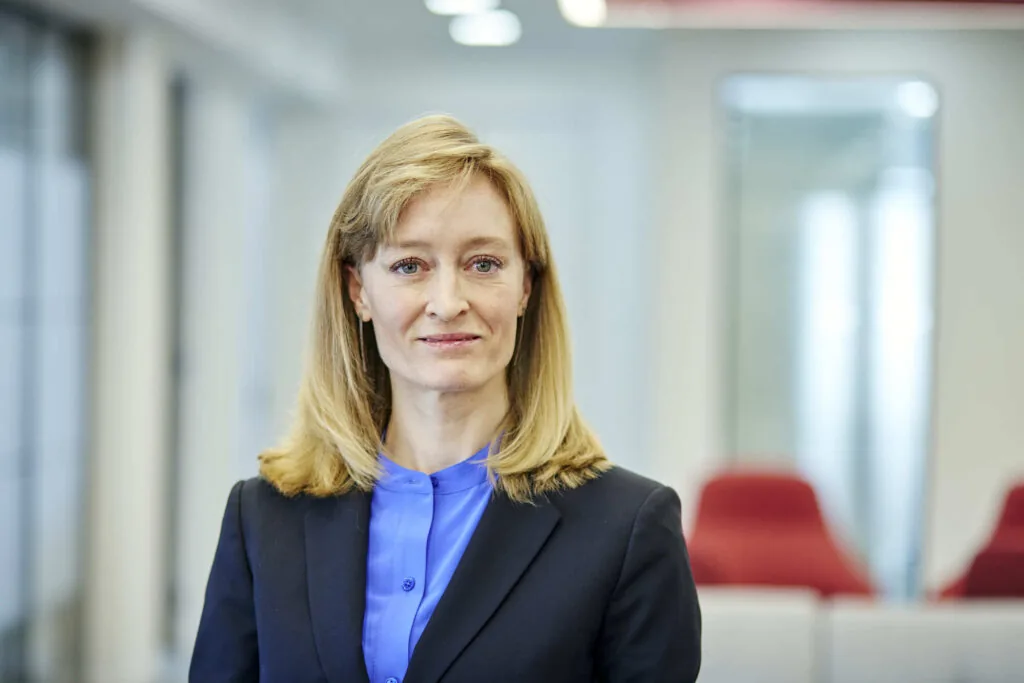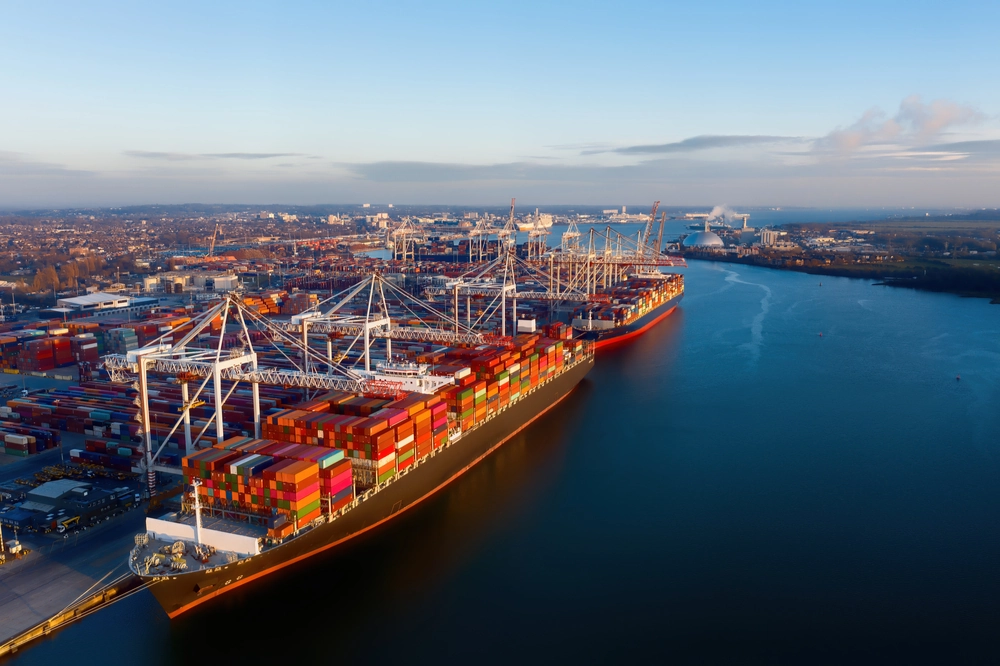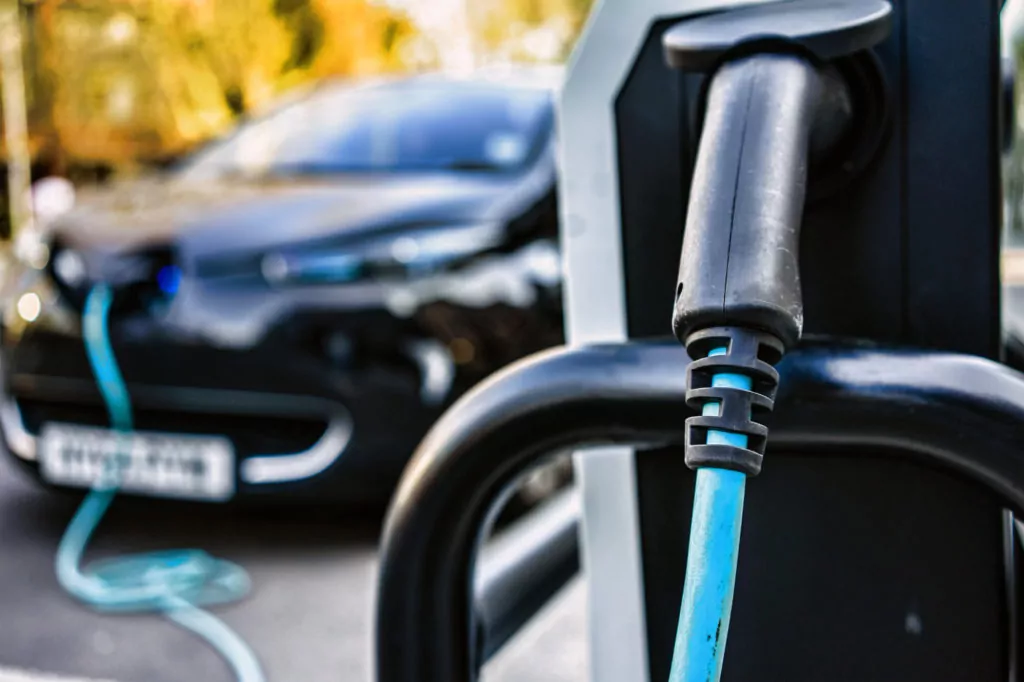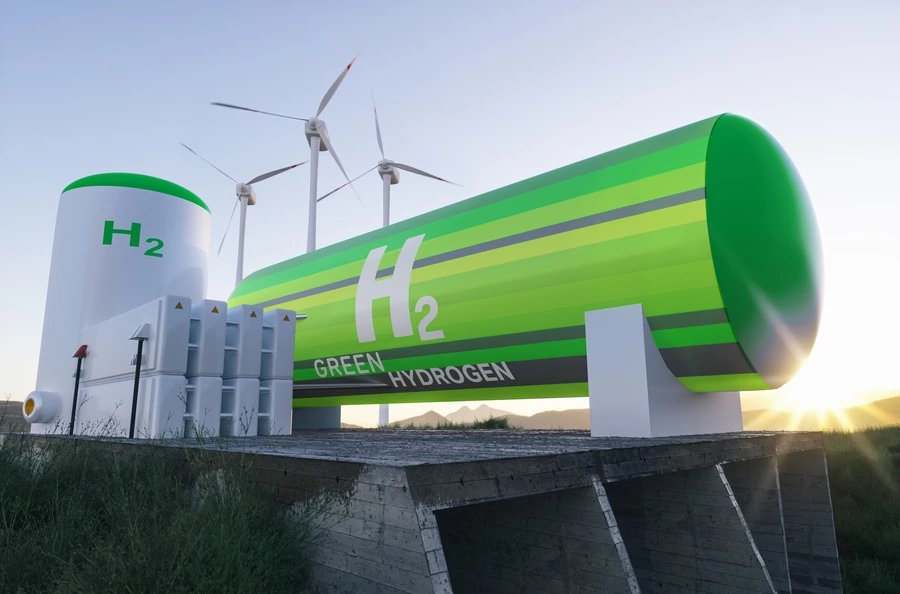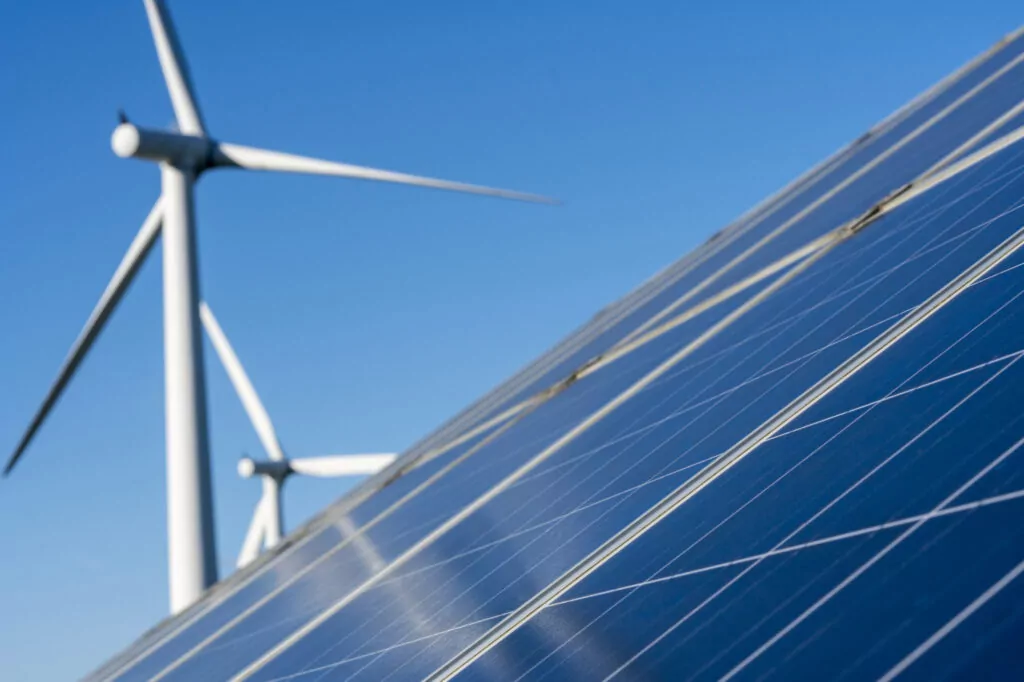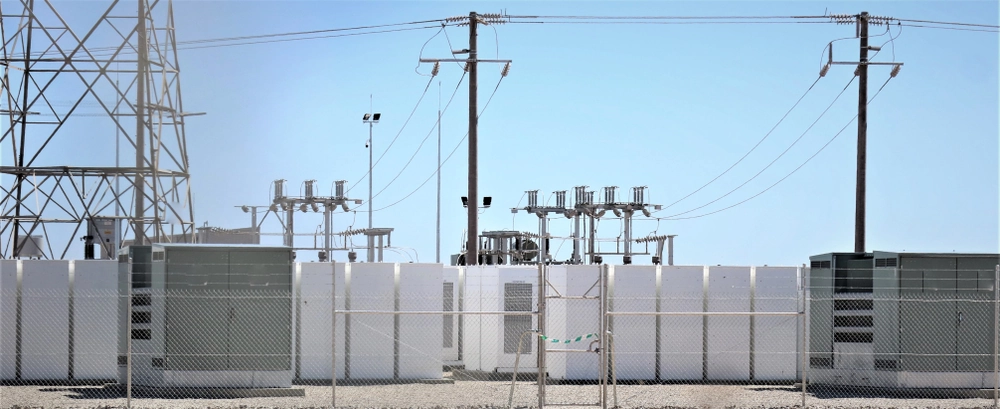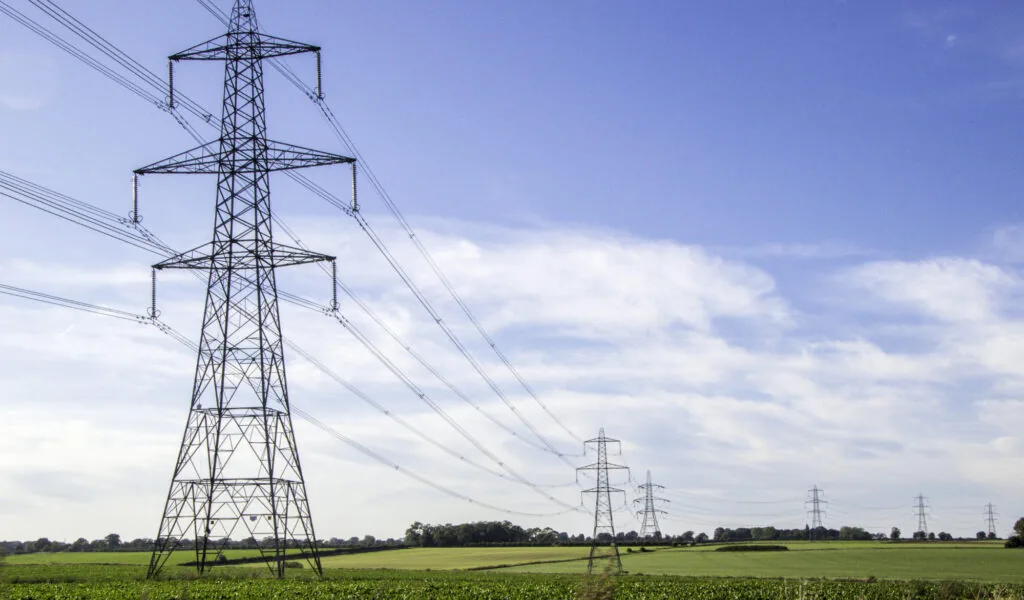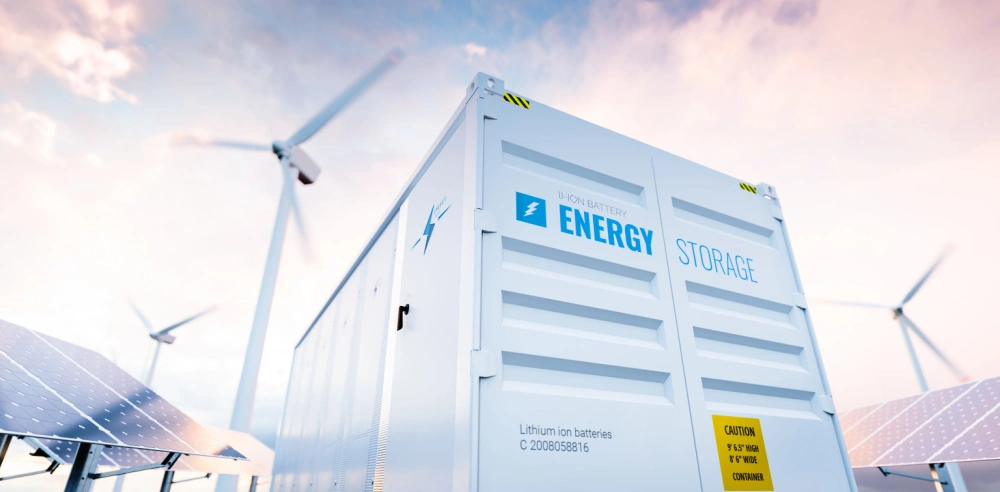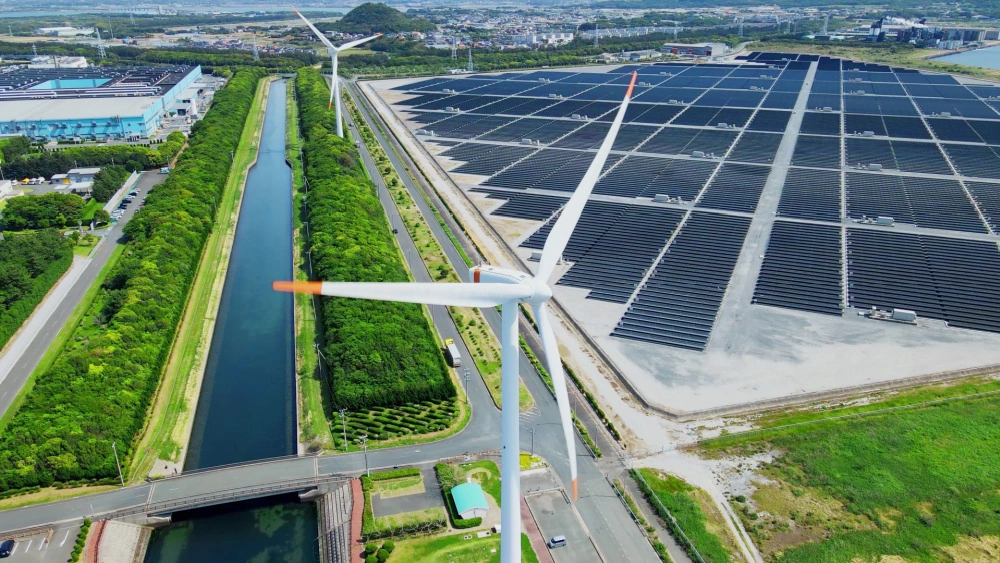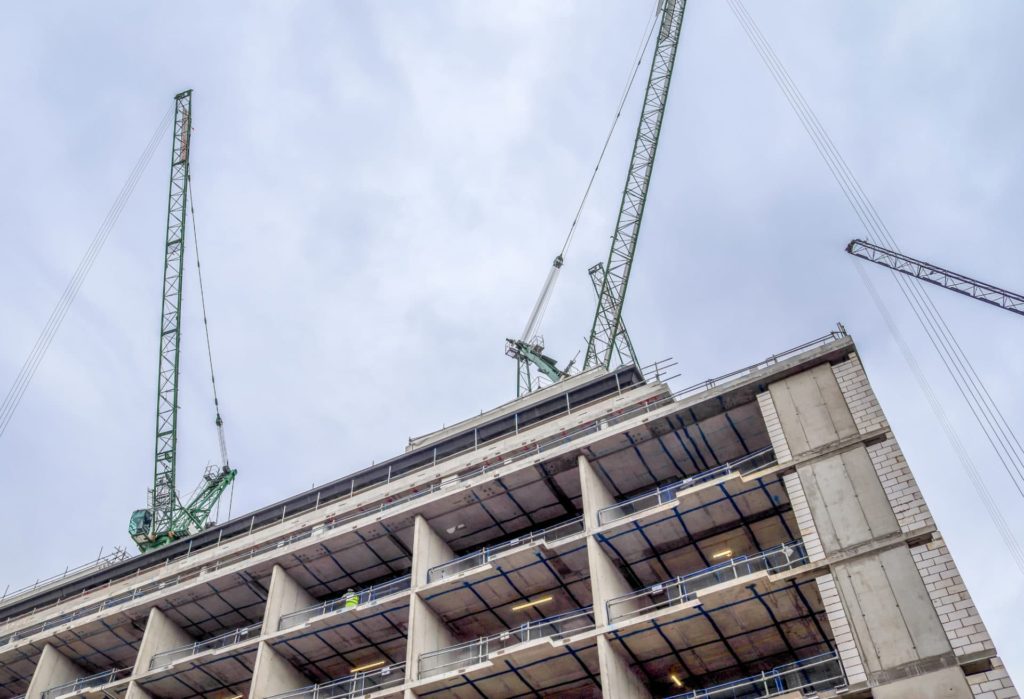Sustainability on Earth
We work with and support Spaceport Cornwall, which is a consortium of partners including The Cornwall Council, Goonhilly Earth Station Ltd, the UK Space Agency and Virgin Orbit. Spaceport Cornwall’s goal is to be the most sustainable spaceport in the world and its first ever orbital satellite launch from the UK is due imminently.
Spaceport Cornwall is paving the way for environmentally responsible launches through the use of an existing airport runway and facilities located close by. It aims to be the first Net-Zero spaceport in the world and has committed to achieving carbon neutral status by 2030. Further sustainability commitments include a 10% biodiversity gain within the spaceport development zone, as well as hosting the Eden Project’s National Wildflower Collection.
The Edinburgh-based space business, Skyrora, which designs, manufactures and deploys rockets, is examining its procurement methods and seeking to source most of its supply chain from local companies and contractors to minimise its carbon footprint. While a great way to address sustainability, changes in the supply chain could have NSI Act implications, which is a complex area of law we have been helping space sector businesses to navigate.
The UK Space Agency has chosen sustainability as one of its eight priority areas for the next three years, with a dedicated budget of around £98million to take on the challenge. Similarly, Space Scotland recently published Space Sustainability: A Roadmap for Scotland, identifying sustainability as key to Scotland’s plans to create 20,000 jobs and secure a £4billion share of the global space market.



